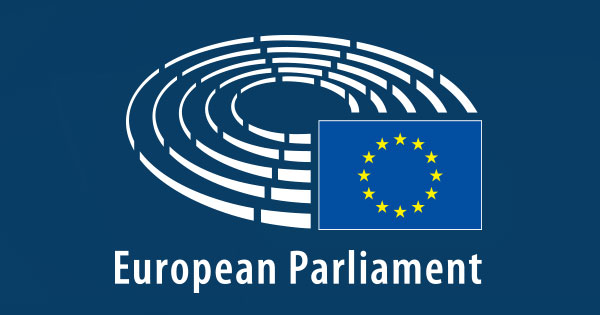Parliament has set the overall level of commitment appropriations for 2026 (legal promises to pay in the same year or later) at €193.9 billion, an increase of €597.8 million compared to the Commission proposal. MEPs set the overall level of payment appropriations (actual payments made to beneficiaries) at €192.6 billion.
They reiterate that, amid global instability, security threats, rising protectionism, and the worsening climate change, the EU needs a strong, investment-focused budget to support people and their priorities. They are restoring the €1.3 billion in commitment appropriations for essential programmes cut by EU governments to the levels originally proposed by the Commission. MEPs criticise the Council for these reductions, arguing that they ignore real needs and harm key programmes like Erasmus+ and EU4Health.
Research and infrastructure
MEPs want to increase allocations for Horizon Europe by €60 million and transport and energy networks by €80 million in order to boost competitiveness, job-creation and cross-border infrastructure. They also want to reinforce funding for health and education by increasing funding for EU4Health and Erasmus+ by €5 million each.
Response capabilities and military mobility
Considering rising food prices and the need for food security MEPs want increased support for young farmers (an additional €23 million), and other priorities under the European Agricultural Guarantee Fund (an additional €40 million). Parliament wants to add €30 million to the Civil Protection Mechanism to improve coordination and disaster response in light of the increasing frequency of natural disasters. MEPs argue that military mobility should get additional €35 million funding as it plays an essential role in the EU’s defence preparedness.
Geopolitical instability, global crises
MEPs push for an additional €35 million for the EU’s Southern Neighbourhood, and call for a €25 million increase for the Eastern Neighbourhood. On humanitarian aid, MEPs want to see a €50 million increase given the increasing geopolitical instability, accelerating global humanitarian crises and climate change-induced emergencies.
Repayment costs for the NextGenerationEU recovery package
The EU faces an unexpected €4.2 billion overrun in borrowing costs for NextGenerationEU in 2026, double the Commission’s forecast. MEPs say this should not reduce funding for essential programmes like Erasmus+ or EU4health, and want to reverse the cuts made by EU governments to the original amounts estimated by the Commission. MEPs insist on the proper use of an agreed “cascade mechanism”, designed to manage the reimbursement of escalating NextGenerationEU borrowing costs and to protect flagship programmes.
An accompanying resolution, adopted with 384 votes in favour, 202 against and 58 abstentions, summarises Parliament’s position.
Quotes
“The EU budget is a vital investment tool for a stronger Europe, addressing citizens’ calls for security, unity, and addressing global challenges. Parliament wants a 2026 budget that supports competitiveness, research, SMEs, and farmers, while enhancing civil protection and security. It rejects Council’s unjustified cuts and demands targeted increases to deliver prosperity and solidarity across the EU,” general rapporteur for the EU’s 2026 budget (for section III – Commission), Andrzej Halicki (EPP, PL) said.
“Our shared approach reflects common European values. Facing geopolitical challenges like cybersecurity, we must equip our institutions with sufficient resources and staff to meet their growing responsibilities. Our reasonable, targeted plan ensures efficient, secure, and resilient EU institutions that serve and protect citizens and member states effectively,” rapporteur for the other sections, Matjaž Nemec (S&D, SI) said.
Next steps
The plenary vote launches three weeks of negotiations with the Council, which has adopted its position in September, to reach an agreement on next year’s budget before the end of the year. The first round of talks is expected to take place on 4 November.
Background
More than 93% of the EU budget goes directly into EU programmes that support people and projects across member states, with some of the investment also reaching partner countries outside the EU. The annual EU budget, which serves 27 countries and 450 million Europeans, is relatively small – on average €160-200 billion annually during 2021-27. This is comparable to the national budget of Poland, which serves 39 million people, or the equivalent of 30% of the budget of Germany, which serves 84 million people. (Source: Commission)

